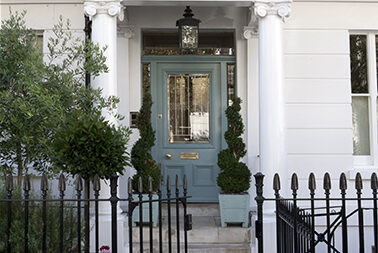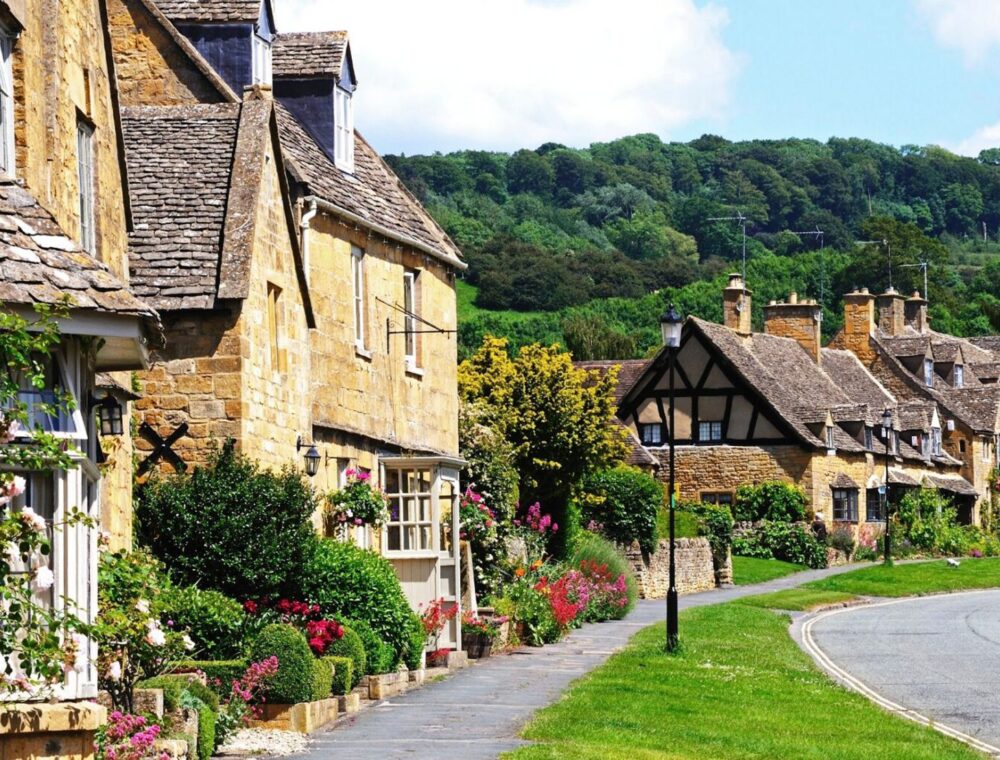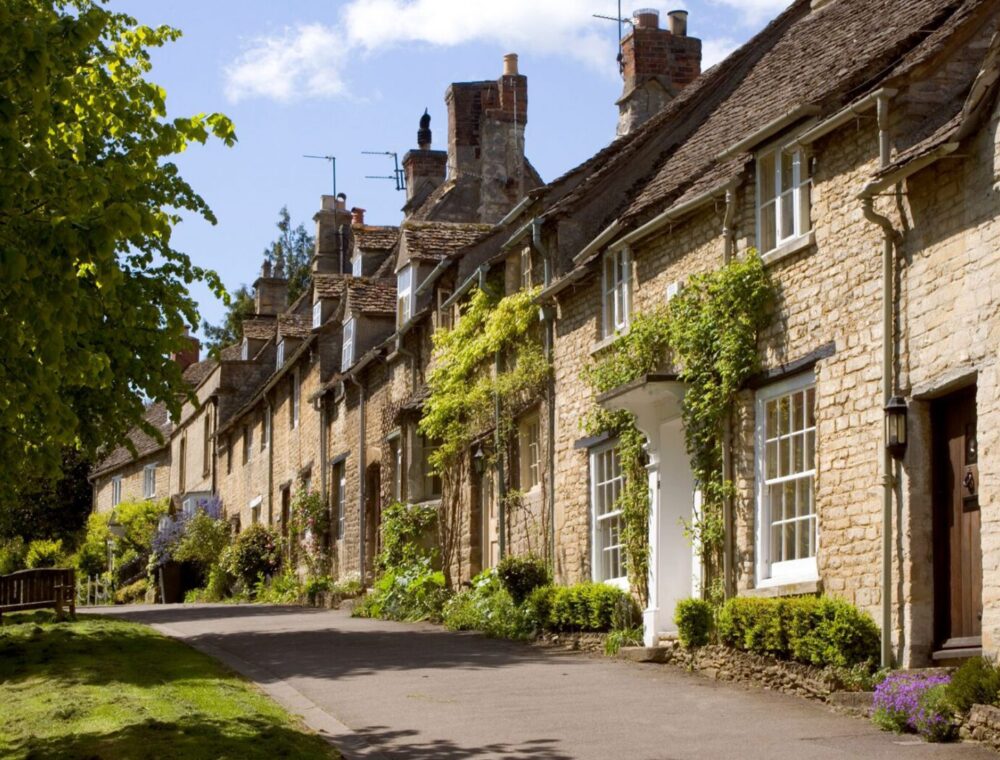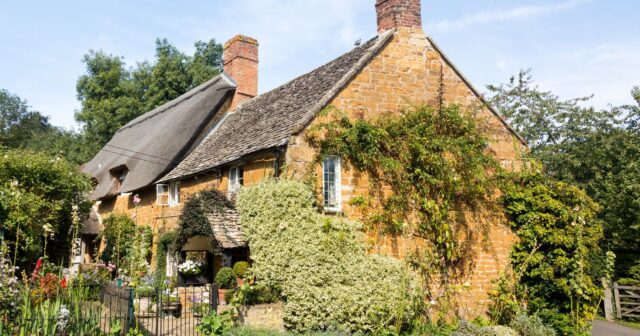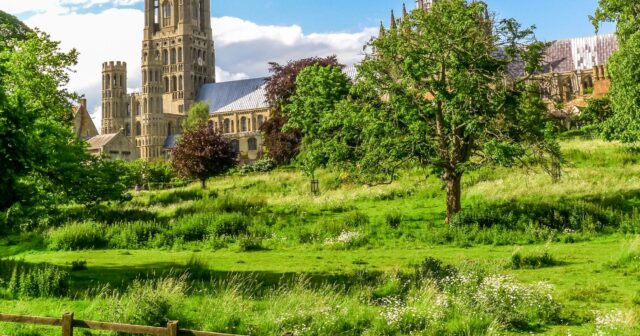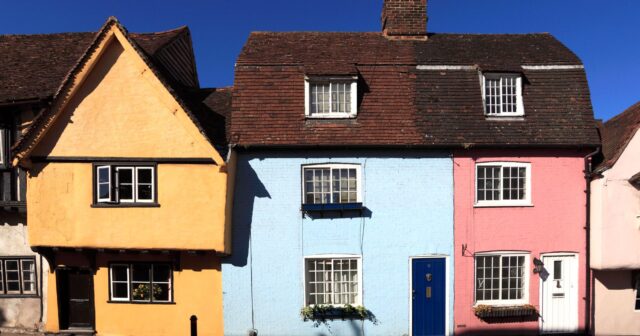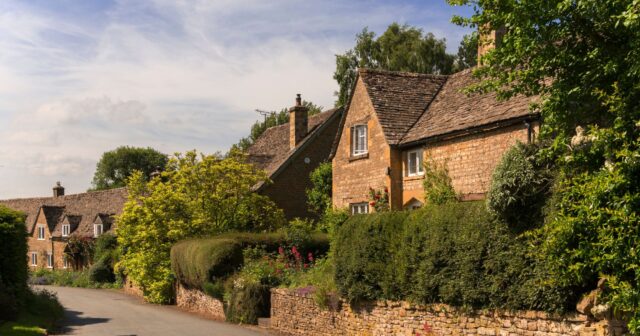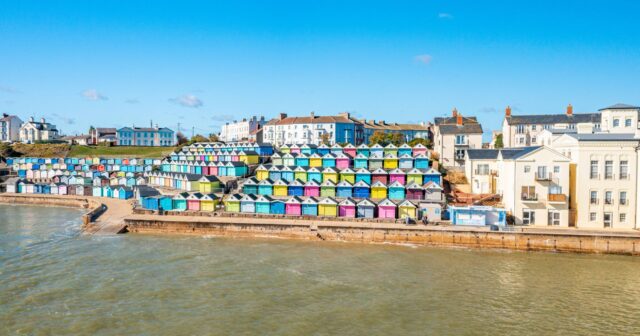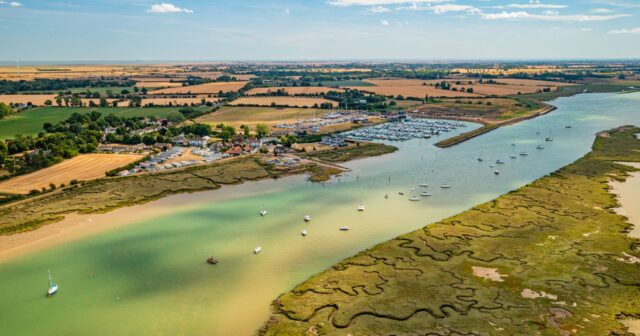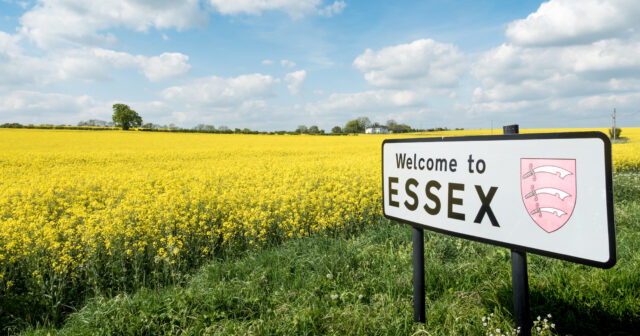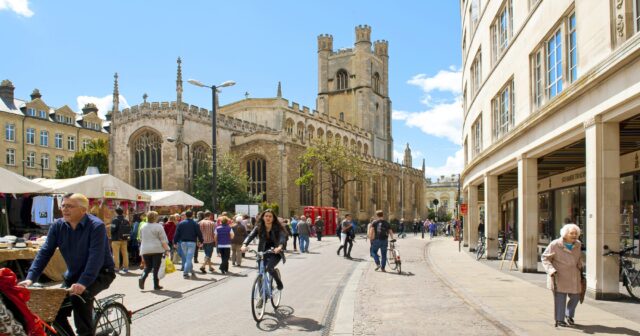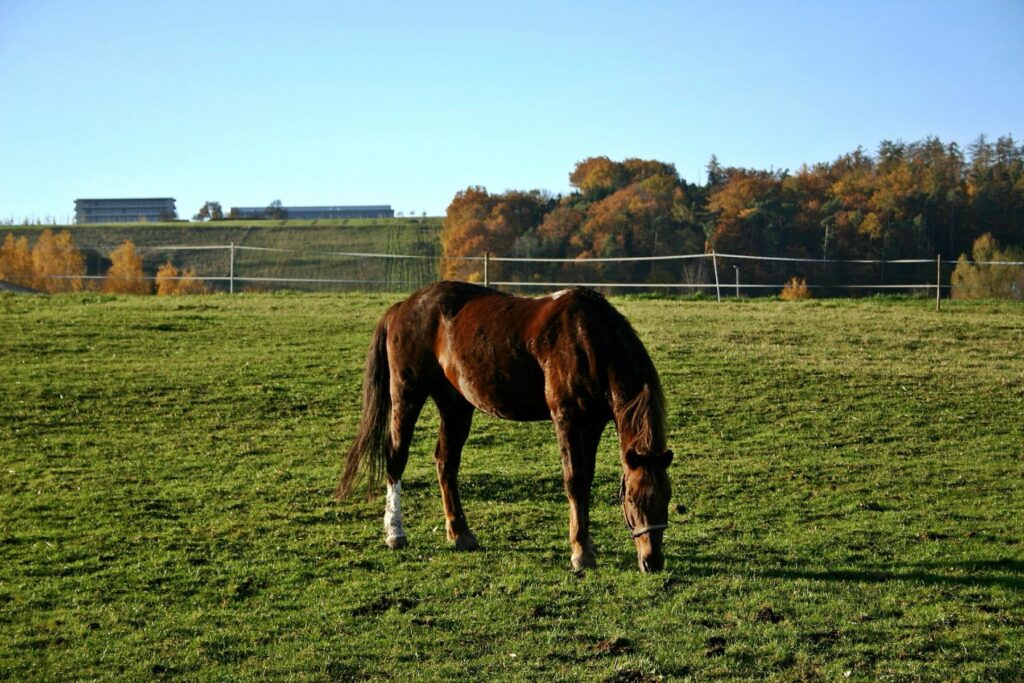
When considering what makes a good equestrian property, every buyer knows that the horses’ needs are the top priority. This will inform your budget and brief to a property finder. Here are the main areas that you need to consider.
Location
When it comes to good equestrian property, you can expect to pay a premium for any estates located close to racing, eventing or dressage establishments. Further afield from these hubs, you can get a lot more acreage for your money but you’ll have to balance that against a willingness to travel for competition or meet-ups. Having a motorway or good road network nearby can be a huge bonus if you’re travelling the country for major competitions. However, it may not matter if all you want is somewhere to graze your child’s pony and hack out safely along quite country lanes.
Good access to the property itself is also important. Horse boxes are not easily manoeuvrable vehicles so awkward or concealed drives should be avoided. Ideally there would be room to turn around on the drive itself. Remember, it’s not just you who needs to be able to easily access the stables but also any emergency equine vet. Before you buy, check that there is one within a reasonable distance.
As well as looking at nearby roads, you’ll want to examine the quality and number of bridle paths in the vicinity. After all, what’s the point in owning horses if you can’t get out and ride in your local area? Nobody enjoys riding along busy roads and it can often be an incredibly stressful experience.
If you’re planning on running an equestrian business there are also additional considerations. If you plan on running a riding school, for example, you first need to establish whether there is demand for your offering within the local area. Similarly, is there a shortage of livery stables for local people with their own horses? Equestrian properties tend to cluster close together so be aware of what your potential neighbours are already doing and see where the gaps are
Soil
Wherever possible, allocate for 2 acres of land per horse with 1 acre as an absolute minimum. This allows you to rest half an acre while the horse grazes on the other half. If any additional land is available, this can be effectively used by growing and cutting your own hay, potentially saving money in the long term.
To reduce management time and effort during the wetter periods, aim for a free-draining site. However, don’t achieve this effect by using a very sandy soil as sand ingestion can put your horses at risk of contracting colic. The worst soil for water-logging is a heavy clay, which also hardens up in the summer. For the grass itself, check that it is well-established but not too rich. The presence of some weeds such as ragwort should also be avoided.
Buildings
In some parts of the country you may find that older period properties are listed and so are subject to far stricter planning regulations. This will impact the extent to which you can modify or extend both the main property or any outbuildings. A property finder will be able to provide you with guidance on this issue, and can contact the local council for more information on your behalf.
As well as the stabling, don’t forget the need for ancillary accommodation to store feed, tack and other equipment. The tack room needs to be proportional to the number of horses that the property can support. The more storage space the better as otherwise you’ll be dragging dirty kit into the main house. Ideally it will have both hot and cold running water. It is worth noting that stables tend to have a high water consumption rate so sharing a water supply is not advisable. For more serious riders, an indoor arena may also be required.
Both horses and their associated equipment and tools are incredibly valuable. We would highly recommend that you invest in adequate security measures or CCTV if the property is not already so equipped.
Equestrian properties regularly change hands privately and never become public knowledge until the sale is completed. A good property finder will have access to these networks and be able to provide you with additional information.
Buying Agent Partnership are highly experienced in finding the perfect equestrian property, whatever the requirements. Contact us on 0330 223 6339 to discuss how we can help you.
